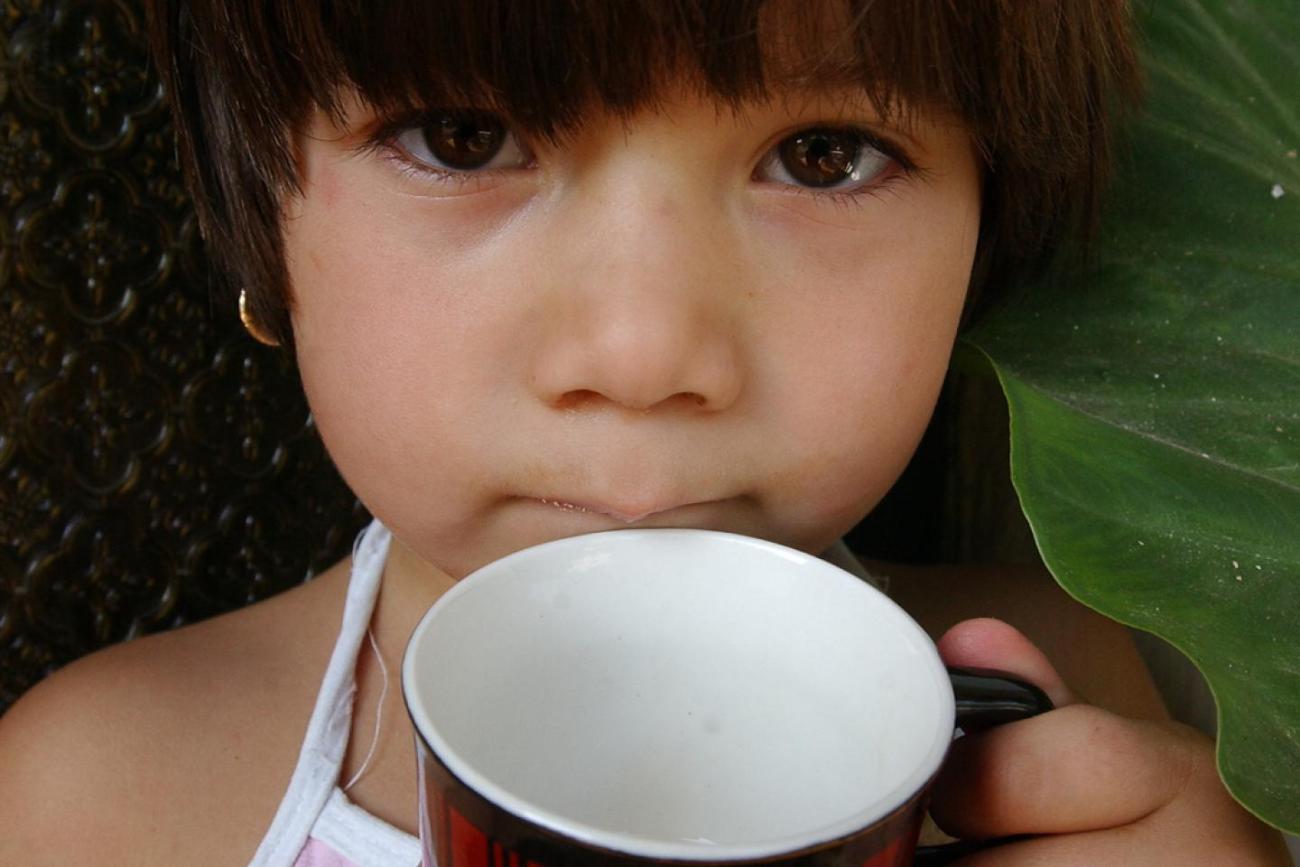Poverty reduction – a national priority

Poverty reduction in Montenegro is at the centre of the UN Country Team's appeal on International Day for the Eradication of Poverty.
Podgorica, 17 October 2022
A reform combining child allowance with adjusted financial support allowance could possibly lift 31,800 Montenegrins out of risk of poverty, reducing its rate by 5.3 percentage points.
Extending universal child benefit to all children under 18 can significantly reduce child poverty in Montenegro. Over 10,000 children can be lifted out of the risk of poverty in this way. This is one of the conclusions of the publication Fighting Poverty in Montenegro through Responsive Evidence-Based Social and Child Protection: A Review of Sustainable Reform Scenarios.
This publication was commissioned by the UNICEF Montenegro Country Office within the joint UN initiative “Activate! Integrated Social Protection and Employment to Accelerate Progress for Young People in Montenegro” supported by the Joint SDG Fund. The research was conducted by the University of Maastricht following internationally recognized methodology adapted to the Montenegro context, in close collaboration with the Ministry of Finance and Social Welfare of Montenegro, Monstat Statistical Office, UNICEF and UNDP.
One in four Montenegrin citizens and one in three children are already living at risk of poverty. This study presents social policy options for decision makers to consider as part of the national strategy to reduce poverty.
On the occasion of the International Day for the Eradication of Poverty, we are calling on national institutions to adopt the necessary policies so that every child can live a life free of poverty. It is of utmost importance that state financial support includes those children and families facing inter-generational poverty and exclusion from quality health and education services, and protection from all forms of violence.
Juan Santander, UNICEF Montenegro Representative
UNDP Resident Representative for Montenegro Daniela Gasparikova highlighted that through the reduction of poverty and social exclusion, Montenegrin society has the opportunity to accelerate sustainable human development.
As an ongoing journey, human development may have taken a big hit in the past few years – eliminating poverty in all its forms remains the central ambition. In line with UNDP’s firm commitment to eradicating poverty and reducing inequalities through the sustainable development of nations, we have continuously supported the institutions of the system in Montenegro in strengthening their capacities to provide adequate social protection to those in need. Empowering communities, women and men alike, to expand their choices to live quality and productive lives is at the core of this process. I believe that this publication, as a valuable insight into the approach and background of the development of social protection scenarios, will contribute to the next generation of social protection policy reforms, in accordance with the underlying principle – leave no one behind.
Daniela Gasparikova, UNDP Resident Representative for Montenegro
The United Nations Resident Coordinator in Montenegro, Peter Lundberg, emphasized the importance of the joint “Activate!” programme which focused on strengthening the capacity of the social protection system in Montenegro to better serve people in need.
“Through the specific programme structure – simulation of social policies, along with mobilizing vulnerable youth – the UN Team in Montenegro worked together with its national partners on improving the effectiveness of social policies, as well as on delivering social services. The programme "Activate!” managed to reach precisely those who are in need of that kind of support.
Peter Lundberg, UN Resident Coordinator in Montenegro
As per its definition, social protection refers to policies aimed at the prevention/reduction of poverty. It can improve the effectiveness of and be complementary to other anti-poverty measures, and can reduce inequality in Montenegro. However, to ensure the success of the path to social protection, it is vital to: be responsive to the specific needs of women, men, girls and boys living in poverty; carefully consider different social protection policy scenarios and find the right mix of schemes; ensure that the social and child protection system is sustainable.
That is why Social Policy Officer in UNICEF Danilo Smolovic highlights the policy recommendations for fighting poverty in Montenegro.
“It is crucial to increase the basic amount of the Financial Support Allowance and expand the base of beneficiaries, to continue reforming the progressive Personal Income Tax system. Adopting a nationally defined poverty line is also to be considered for easier identification of those who need support the most, but only if such a poverty line would fairly reflect the actual cost of living in Montenegro which would account for all the basic needs including housing costs,” Smolovic concluded.


